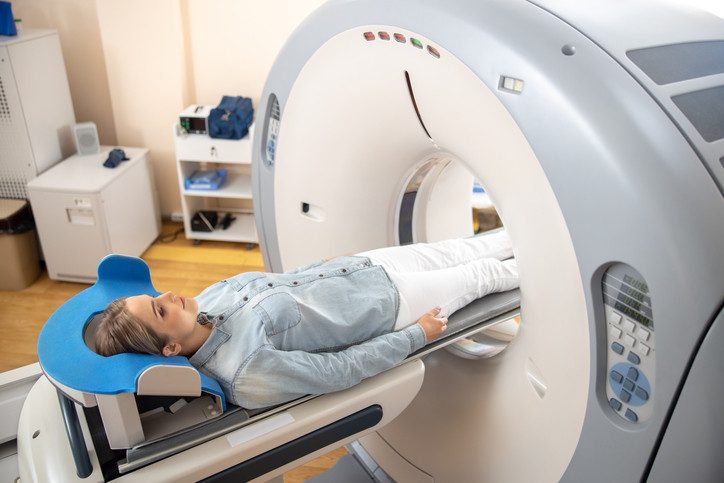For any injury or suspected injury, a magnetic resonance imaging (MRI) scan provides medical professionals with more information about your pain. An MRI differs from imaging tests like an X-ray, CT scan, or ultrasound because it uses a magnetic field and radiowave energy to produce detailed images of your body’s organs and structures.
While X-rays are beneficial when diagnosing fractures or dislocations, an MRI can see injuries to the body’s soft tissues. Soft tissue injuries such as bulging discs in the back are prevalent with personal injury claims like car accidents. Often, MRIs will add value to your case and can help push your claim along.
Learn more about our Sacramento Car Accident Attorney Services.
Learn more about our Sacramento Truck Accident Attorney Services.
Is it worth getting an MRI?
 Generally, the answer to this question is yes, and it is highly recommended that you do so. More often than not, people go to a doctor after an injury such as a car accident, where they’re told that it is probably a whiplash situation and to do some physical therapy. One of the best things about an MRI is that it often definitively shows what is wrong, so you’re not guessing what happened.
Generally, the answer to this question is yes, and it is highly recommended that you do so. More often than not, people go to a doctor after an injury such as a car accident, where they’re told that it is probably a whiplash situation and to do some physical therapy. One of the best things about an MRI is that it often definitively shows what is wrong, so you’re not guessing what happened.
If your doctor believes that seeing more detailed images of your injury from an MRI would be beneficial, then you should do it as soon as possible. It can hurt your case if your doctor recommends you get an MRI and you do not do so.
Why Should I Get an MRI if I’m Injured?
An MRI will provide proof of your injury. An actual picture of the bulging tissue is more compelling than a doctor’s written report. As far as treatment, an MRI will also help with treatment options. Finally, an image will improve your ability to negotiate with the insurance company.
Does Getting an MRI Increase the Value of a Personal Injury Case?
An MRI can often increase the value of your case. When the injury is heavily detailed, it allows the full extent of your injury to be negotiated in damages. You want to get the correct diagnosis with an MRI, which will help justify your treatment and settlement later. Additionally, out-of-pocket medical expenses are recoverable in a personal injury case, so getting an MRI would add to those expenses and thus add to your case’s value.
Remember that MRIs are expensive; if it is not recommended by your doctor, you probably don’t need one, especially if your insurance will not reimburse it. A doctor will determine whether it is medically necessary to diagnose, confirm, or treat an injury.
If you have been injured in an accident and need help with your personal injury case or need help determining whether you have a personal injury case, call Eason & Tambornini at (916) 438-1819. Consultations are free, and there are no fees unless and until we win a settlement.
